Article originally published in the Vancouver Sun.
The city of Chilliwack has made national headlines recently, but for all the wrong reasons.
In June, animal rights group Mercy for Animals released undercover video showing alleged abuse of chickens by employees of Chilliwack-based company Elite Farm Services at several poultry facilities. B.C. SPCA officials said the footage, which allegedly showed workers throwing and hitting chickens, simulating sexual acts with them and letting some injured birds slowly die on the ground, was “absolutely sickening.”
In May, several employees of dairy farm operator Chilliwack Cattle Sales were sentenced to jail for abusing cows in another shocking animal cruelty case. Undercover video showed employees punching and kicking cows and striking them with canes and chains.
It is unfortunate that, because of these cases, many people across the country may only know the name Chilliwack because of media coverage of animal cruelty.
But now the city finds itself embroiled in another animal welfare controversy, this time involving a dispute over the rodeo at the annual Chilliwack Fair. The Vancouver Humane Society, as part of its campaign against the rodeo, released photos from last year’s fair showing calves with ropes tight around their necks, tongues hanging out, as they are pulled off their feet and thrown to the ground. Steers are shown having their necks twisted until they are bent completely over. The humane society says the photos are evidence of inhumane treatment of the animals and is calling on the fair to eliminate calf-roping and steer-wrestling. The fair’s management has agreed to review the events and its board will vote in September on whether to cancel them for next year’s rodeo.
The issue of animal cruelty at rodeos is not new to B.C. In 2007, the Cloverdale Rodeo dropped calf-roping and several other events following the death of a calf and a long humane society campaign against the rodeo. In 2015, the Luxton Rodeo near Victoria folded, followed by the Abbotsford Rodeo in 2016, both after humane society campaigns.
It’s clear that on the Lower Mainland and on Vancouver Island at least, rodeos have lost public support. A 2015 survey by polling company Insights West found that 63 per cent of B.C. residents are opposed to rodeos.
The Chilliwack Fair must weigh up all the arguments and evidence concerning animal welfare at rodeos, including the photographic evidence from last year’s rodeo. It should also take into account the public disquiet over the treatment of rodeo animals that has been so clearly demonstrated by the demise of other local rodeos.
The fair also has an opportunity to undo some of the damage done to Chilliwack’s reputation by those recent high-profile animal cruelty cases. By voting to end calf-roping and steer-wrestling, the fair’s board, would make a strong statement that Chilliwack cares about animal welfare and that it supports the evolution of rodeo toward a more humane form of entertainment. It could show that it supports the kind of family-friendly, non-controversial events that people in the Lower Mainland want, not outdated spectacles of animal abuse.
If, on the other hand, the board votes to retain the two controversial events, it will signal that it doesn’t care what happens to the animals and it doesn’t care what many compassionate Canadians feel about rodeos.
A recent editorial in a local Chilliwack newspaper advised the board to rely on more than emotional observations and “outside complaints” when it makes its decision in September. To take an insular, mind-your-own-business position would make the board, and by extension the community of Chilliwack, look out-of-touch, parochial and backward. Is that the face a 21st century community wants to show visitors, investors and the rest of the country?
The Chilliwack Fair needs to stand up for animals — and for the reputation of its city.





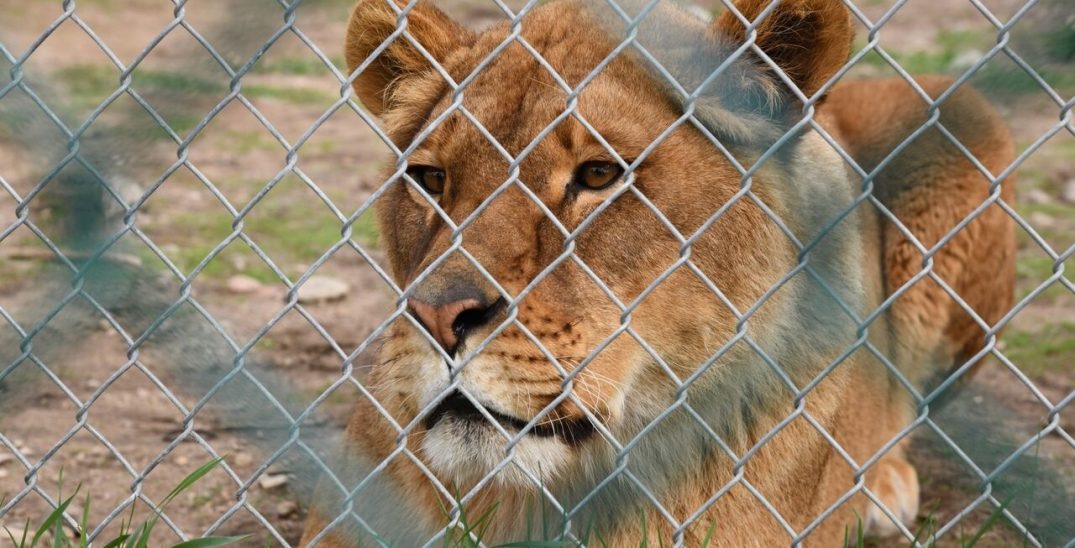

 It’s also important to note that the safety measures the Stampede has introduced this year, and in previous years, have only come about because of the attention that VHS has drawn to the chuckwagon race and rodeo events.
It’s also important to note that the safety measures the Stampede has introduced this year, and in previous years, have only come about because of the attention that VHS has drawn to the chuckwagon race and rodeo events. Rodeo animals are subjected to fear, pain and stress for the sake of entertainment. That is unethical and unacceptable. Three-month-old calves continue to be chased, roped, tied up and thrown to the ground. Steers continue to have their necks twisted until they fall to the ground. Bulls and horses continue to have bucking straps tightened around their hindquarters to make them buck. All this to amuse a crowd.
Rodeo animals are subjected to fear, pain and stress for the sake of entertainment. That is unethical and unacceptable. Three-month-old calves continue to be chased, roped, tied up and thrown to the ground. Steers continue to have their necks twisted until they fall to the ground. Bulls and horses continue to have bucking straps tightened around their hindquarters to make them buck. All this to amuse a crowd.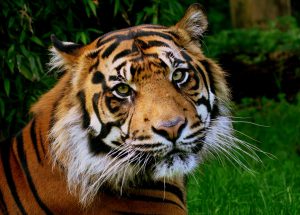 VHS is joining the call for CBS to end the use of wild animals in the filming of its show “Zoo”. The Vancouver-shot series is based on James Patterson’s 2012 novel by the same name and is a thriller about a zoologist’s investigation into a wave of violent animal attacks against humans around the world.
VHS is joining the call for CBS to end the use of wild animals in the filming of its show “Zoo”. The Vancouver-shot series is based on James Patterson’s 2012 novel by the same name and is a thriller about a zoologist’s investigation into a wave of violent animal attacks against humans around the world.
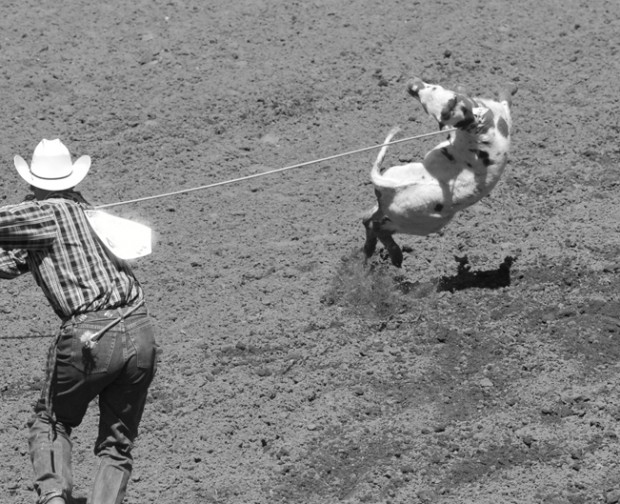


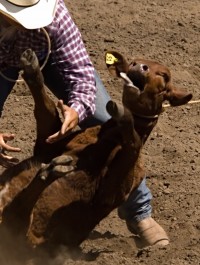

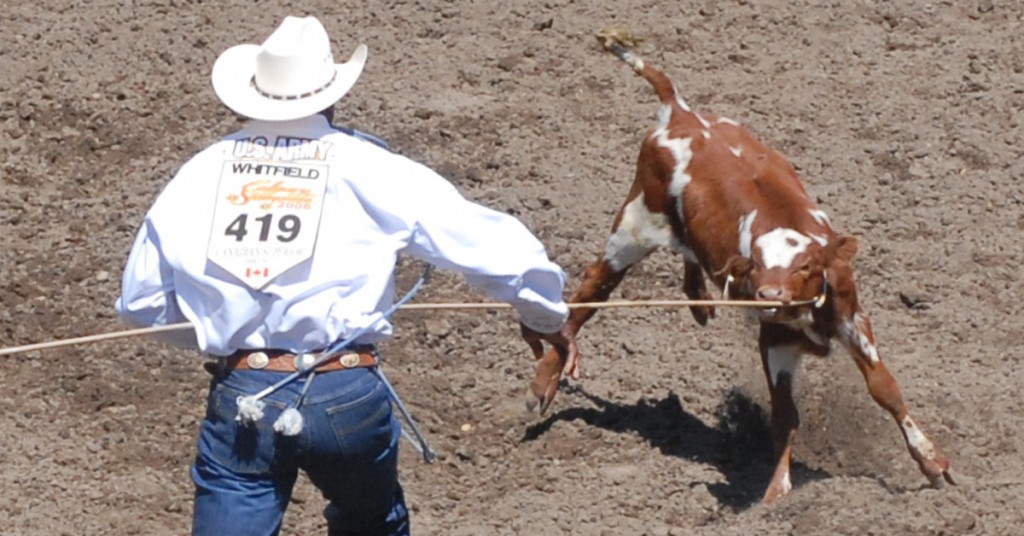

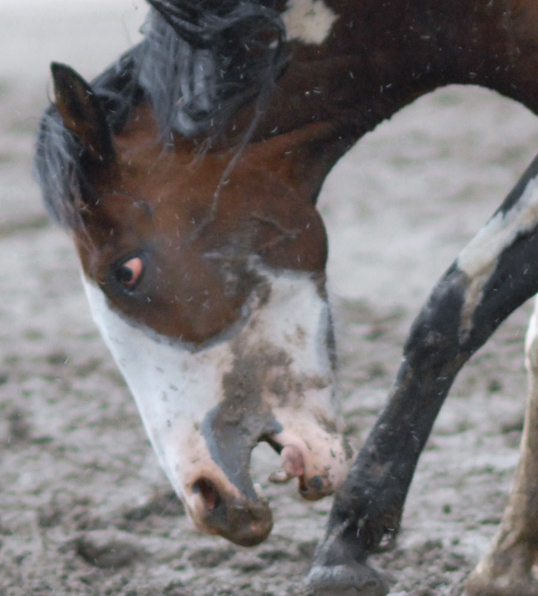




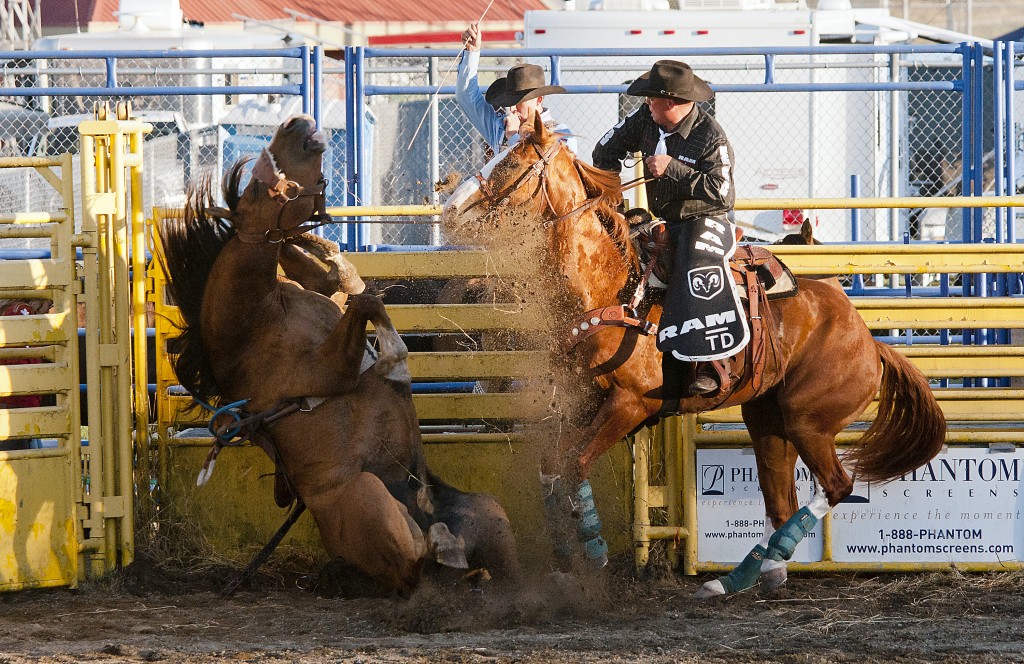
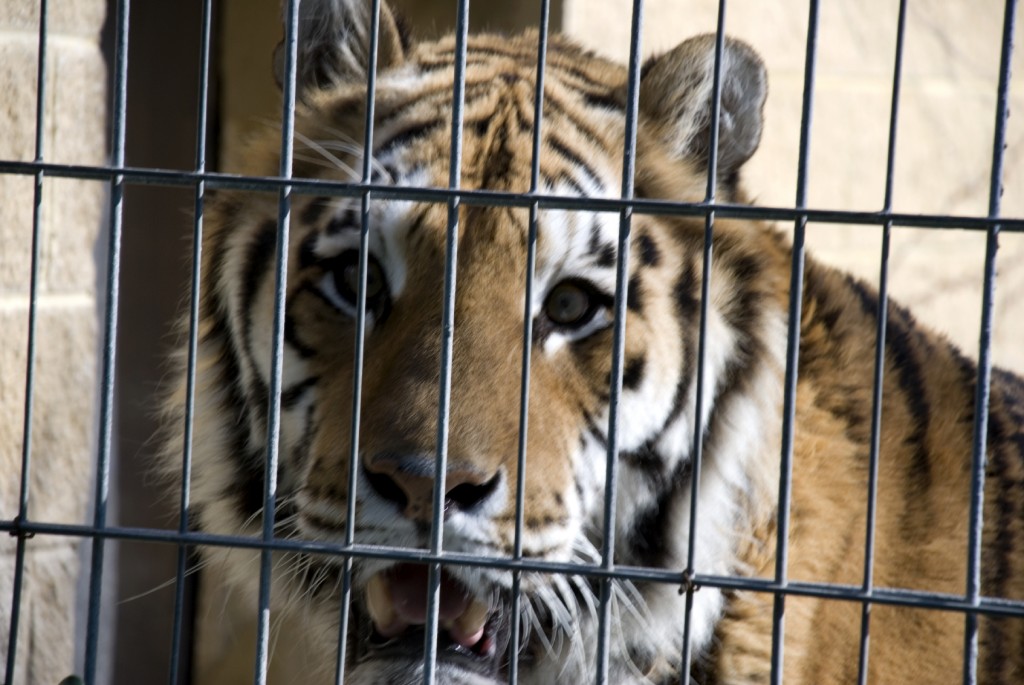
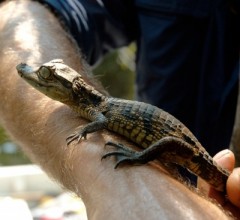
 Over the years, VHS has seen a number of animal businesses exposed for what they really are. In 2010, Cinemazoo, an animal rental agency based in Surrey, was
Over the years, VHS has seen a number of animal businesses exposed for what they really are. In 2010, Cinemazoo, an animal rental agency based in Surrey, was 